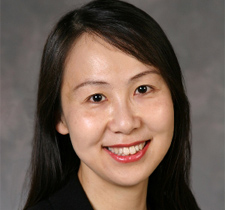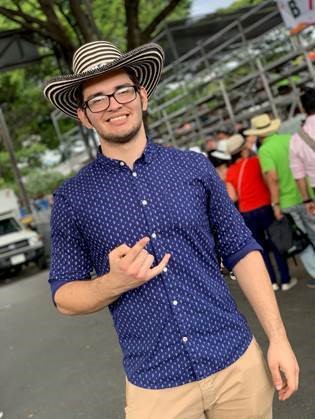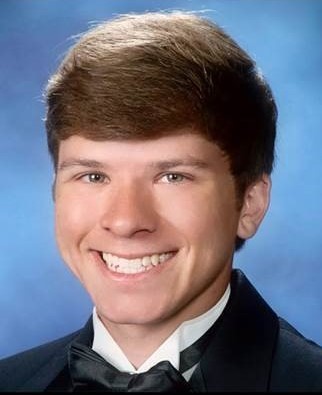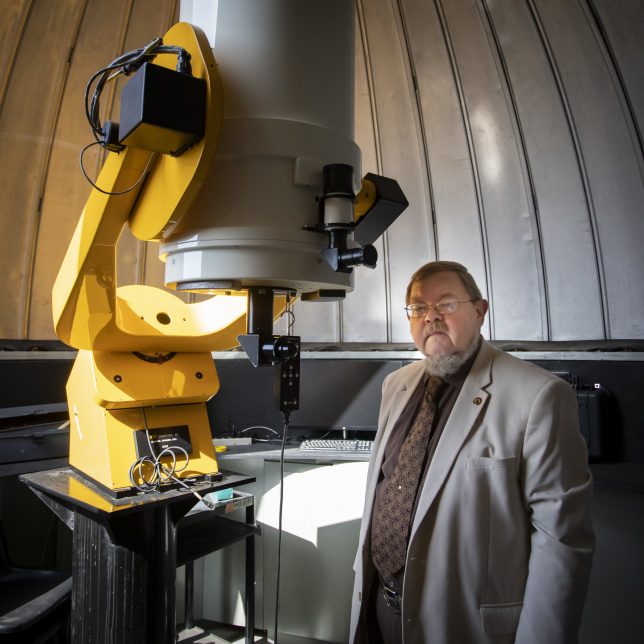Dr. Billy Quarles, Assistant Professor of Astronomy and Physics, recently co-authored a paper titled “Exomoons in Systems with a Strong Perturber: Applications to α Cen AB” that was published in The Astronomical Journal in July 2021. Dr. Quarles and his associates propose that if moons orbiting a planet exist within Alpha Centauri (believed to be the nearest star system to our sun), then they should be detectable utilizing current technology.
According to Dr. Quarles, the Alpha Centauri system is used as a prototype because it is the closest stellar binary to us and is suspected to harbor some exoplanets, though that has yet to be confirmed. He and his colleagues propose that if exomoons (exosolar moons) exist within the Alpha Centauri system or any other stellar binary, they should be detectable using the current technological technique of transit timing variations, or TTVs. TTVs allow for the accurate transit timing information from modern observations and from there, researchers can determine whether a transit is occurring sooner or later than it should.
How could this research possibly lead to the discovery of other planets and systems similar to our own? Click here to read more: https://phys.org/news/2021-09-earthlike-planets-solar-moons.html.
The full abstract can be found here: https://iopscience.iop.org/article/10.3847/1538-3881/ac042a.
Meet Dr. Billy Quarles:
Dr. Billy Quarles is an Assistant Professor of Astronomy and Physics in the PAGET Department at Valdosta State University. He received his Ph.D. from the University of Texas at Arlington.
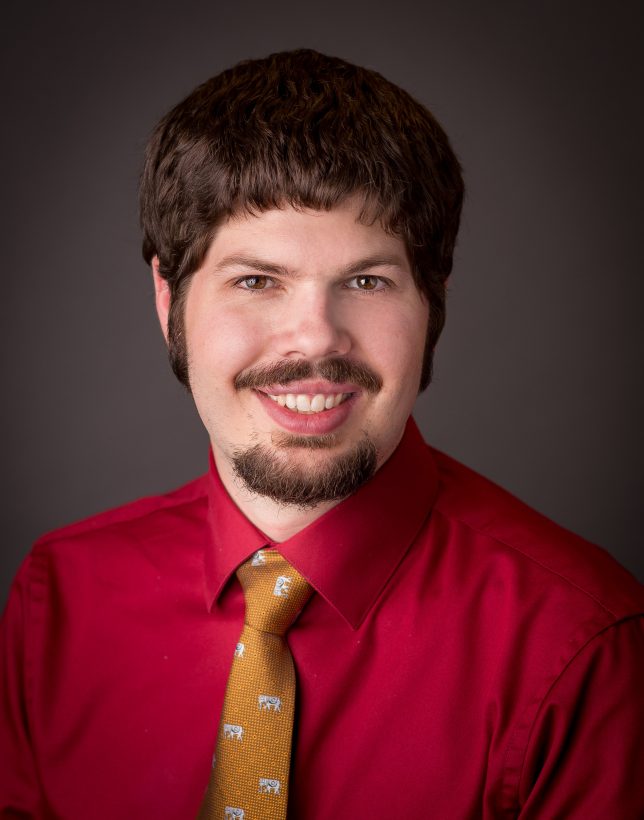
“My research involves the observation and theoretical study of planets with multiple suns. Like Tatooine, such exoplanets orbit a pair of stars and these exotic worlds are no longer science fiction or theoretical curiosities. The Kepler Space Telescope has discovered around a dozen binary stars that host at least one circumbinary planet (CBP), where the stellar binary orbit lies completely within the planetary orbit. Additionally, I am interested in planets that orbit only one star out of the stellar binary. The nearest star to the Solar System is Proxima Centauri, which orbits the binary star system Alpha Centauri AB. My work explores how an Earth-like planet would orbit either star in the binary and the consequences for life as we know such a world.”
“I became interested in science from an early age and grew to appreciate astronomy greatly throughout my childhood. My interest in planets evolved from watching science fiction dramas like Star Trek: TNG and Contact due to their exploratory nature of alien worlds. As a graduate student, I discovered that it was possible to have a career exploring alien worlds, no starship required. From there, I became interested in the dynamics of planetary orbits and the possible origins of planets.”


